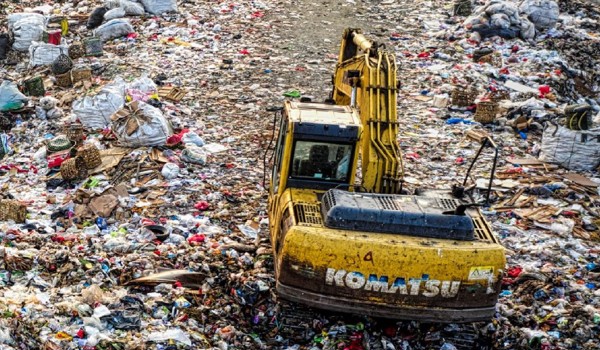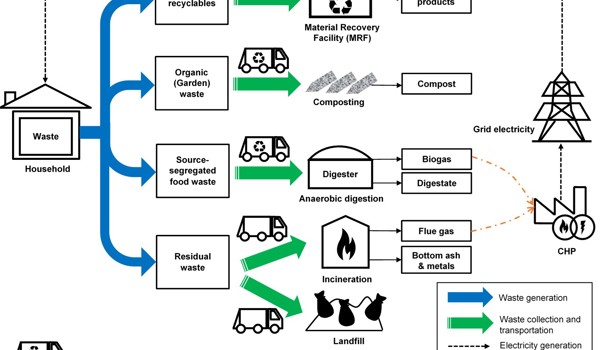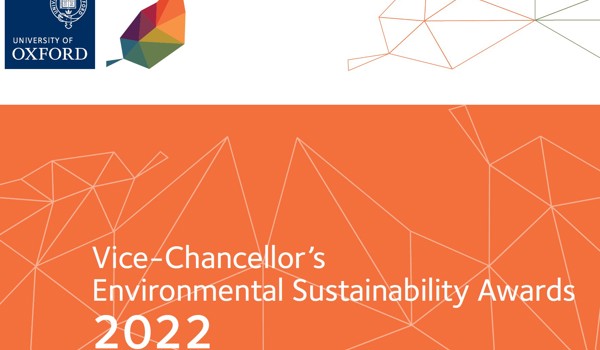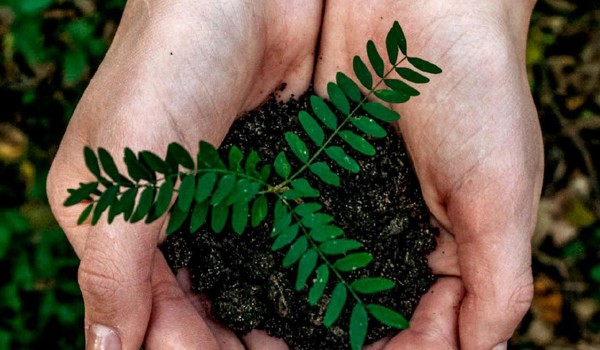06 Aug 2019
Site visit to the food waste recycling facility at Petaling Jaya
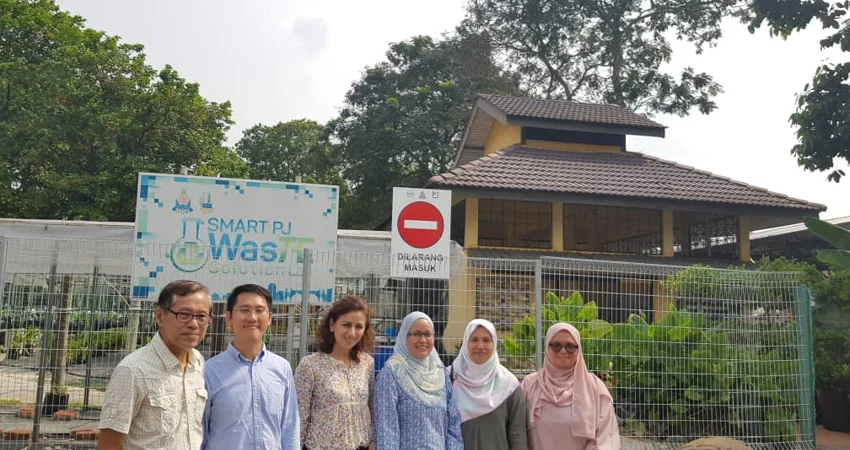
From left to right: Mr Ang Lee Kaw (CH Green Sdn Bhd); Dr Kok Siew Ng (University of Oxford); Dr Eleni Iacovidou (Brunel University London); Puan Norhaizey Binti Hj. Issia (MBPJ); Dr Wan Azlina bt. Wan Abdul Karim Ghani (UPM); Ida Fahani Md Jaye (UPM).
Dr Kok Siew Ng (University of Oxford) and Dr Eleni Iacovidou (Brunel University London) visited the food waste recycling facility at SS2 Petaling Jaya, managed by the Petaling Jaya City Council (Majlis Perbandaran Petaling Jaya - MBPJ). The facility, installed by CH Green Sdn. Bhd. in 2017, receives approximately 500 kg per day of food waste from the hawker centre that is situated nearby, as well as the residents living close to the facility. The food waste is processed by means of anaerobic digestion producing biogas and fertiliser.
The visit was arranged by Associate Professor Ir. Dr. Wan Azlina bt. Wan Abdul Karim Ghani, the Director of Sustainable Process Engineering Research Centre (SPERC) of Universiti Putra Malaysia (UPM) and hosted by Puan Norhaizey Binti Hj. Issia, the Assistant to the Director of Petaling Jaya Solid Waste Management and Public Cleansing Department. The recycling facility operates solely from funding provided by the state government and from income generated by the facility itself, which besides the anaerobic digestion process it also operates a carbonisation unit and a small-scale hydroponics farm.
Dr Ng says, “The City Council should be commended for encouraging the local residents to participate in the food waste recycling project. We hope that this initiative can be replicated in other communities.” Nevertheless, the collected food waste contains significant amount of other solid waste such as plastics and glasses which requires manual sorting. Dr Iacovidou explained that “…increasing awareness on the importance of separating food waste from other types of waste properly at source is critical, and should be the priority of the Council.”
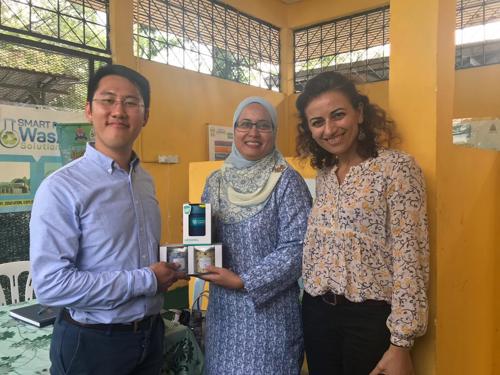
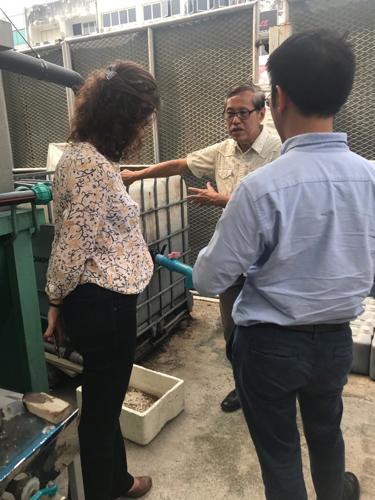
The SYNERGORS Project
The SYNERGORS project (“A systems approach to synergistic utilisation of secondary organic streams”), funded by the Natural Environment Research Council (NERC), is led by Dr Kok Siew Ng from the Department of Engineering Science, University of Oxford. This project aims to develop new systems approaches and decision-making tools for promoting resource recovery from secondary organic waste streams including fossil- (e.g. used plastics) and biomass-derived waste (e.g. food waste, residual biomass).
SYNERGORS will provide significant insights into various options for organic waste reduction and utilisation, and propose viable business models to attract stakeholders in the commercial sectors to invest in these areas. Furthermore, the research will address various socio-environmental challenges faced by human and living communities, the rising global demands in energy and commodities, and lessening burdens on the landfill, water and atmosphere.
It is envisaged that the outcomes from this project (e.g. decision-making tool and roadmap) can be adopted in the UK and other developing countries in improving the policies and practices in relation to organic waste management. The objectives of the project are well aligned with the UK Industrial Strategy in enhancing resource efficiency while achieving a sustainable industrial growth and a more resilient economy. The project has received support from a number of UK and international organisations (academia, industry and government), providing multidisciplinary expertise to address the global challenges in waste management.
Acknowledgement
Dr Ng would like to express his gratitude to the NERC (now part of UKRI) for their invaluable support for this initiative. The British Council is also acknowledged as initial collaboration between the UK and Malaysia was first established through Newton Fund Researcher Links Workshop. The current fellowship project funded by NERC has enabled further collaboration to be sustained for the next few years.
Dr Ng would also like to thank Professor Ir. Dr. Denny KS Ng (Associate Head of the School of Engineering and Physical Sciences, Heriot-Watt University Malaysia), Associate Professor Ir. Dr. Wan Azlina bt. Wan Abdul Karim Ghani (Director of Sustainable Process Engineering Research Centre - SPERC, UPM) and Mr Tze Howe Ooi (President of Higher Education Youth Association - HEYA) for arranging the meetings and visits in Malaysia.
Further information
Please contact Dr Kok Siew Ng (kok.ng@eng.ox.ac.uk) if you are interested in learning more about the project.

